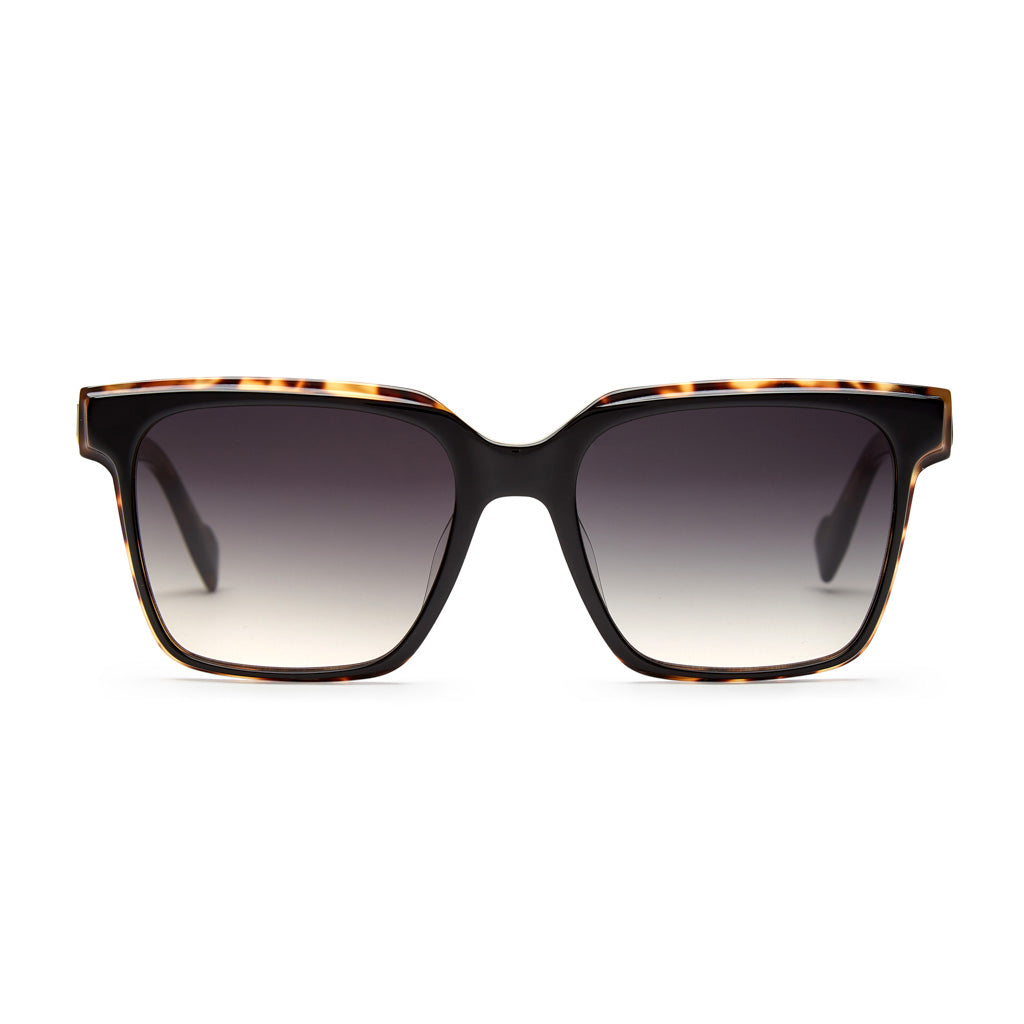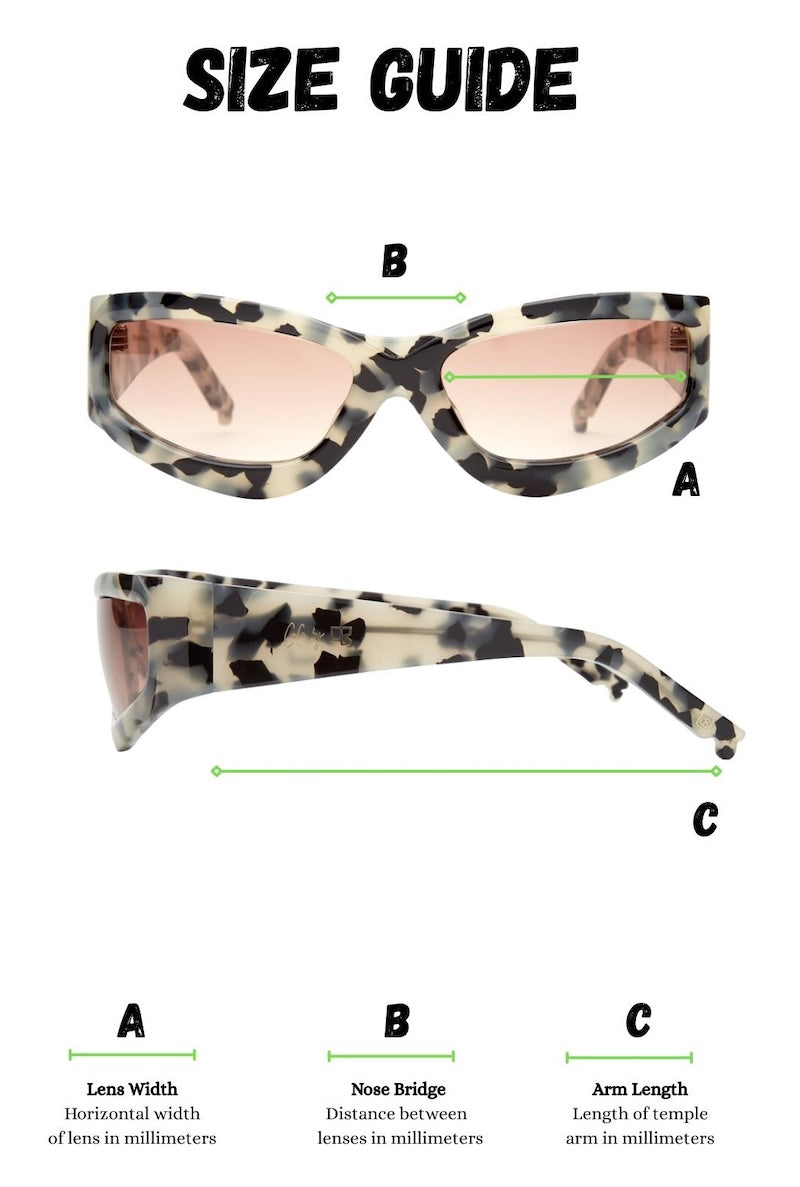













Frequently Asked Questions
(7) business days after processsing your purchase for delivery. If after two (2) weeks you have not received your order please contact customer@cocoandbreezy.com.
Prescription orders have a 14 business-day processing period. Expedited shipping is not available for prescription orders and will be refunded to your original form of payment if selected when completing your transaction.
For more information about Returns and exchanges please visit the link below:
https://cocoandbreezy.com/pages/return-policy
Lens Type
Premium Standard Plastic lens
Ideal for mild and lower prescriptions, this classic plastic lens is most commonly used providing durability, comfort, and impact resistance.
Impact Resistant Polycarbonate lens
Thinner and more lightweight than a plastic lens, this impact resistant lens works well for children and adults. Ideal for stronger prescriptions as the lens thickness does not increase regardless of your prescriptions strength.
Super Thin 1.67 Hi Index lens
This hi-tech plastic lens is ideal for mild to strong prescriptions providing a thinner, more attractive appearance than a standard plastic lens.
Ultra Thin 1.74 Hi Index lens
Ideal for stronger prescriptions, this hi-tech plastic lens is our thinnest option providing the most attractive appearance.
Lens Coating
Crizal Prevencia
“Blue Light” blocking lenses that protect the eyes from harmful blue-violet light while allowing beneficial blue-turquoise light to pass through. Harmful blue violet light is emitted from smart devices and fluorescent lights daily and can cause serious harm to the eyes over time with overexposure.
Crizal Sapphire
Equipped with multi-angular technology that reduces reflection and glare, this lens resists scratches, repels dust, and provides enhanced UV protection providing ultimate transparency.
Currently, we only accept HSA (Health Savings Account) and FSA (Flexible Spending Account) cards.
Though we do not accept optical insurance outright, we can provide you with an itemized receipt of your purchase that can be submitted to your insurance provider for reimbursement.


